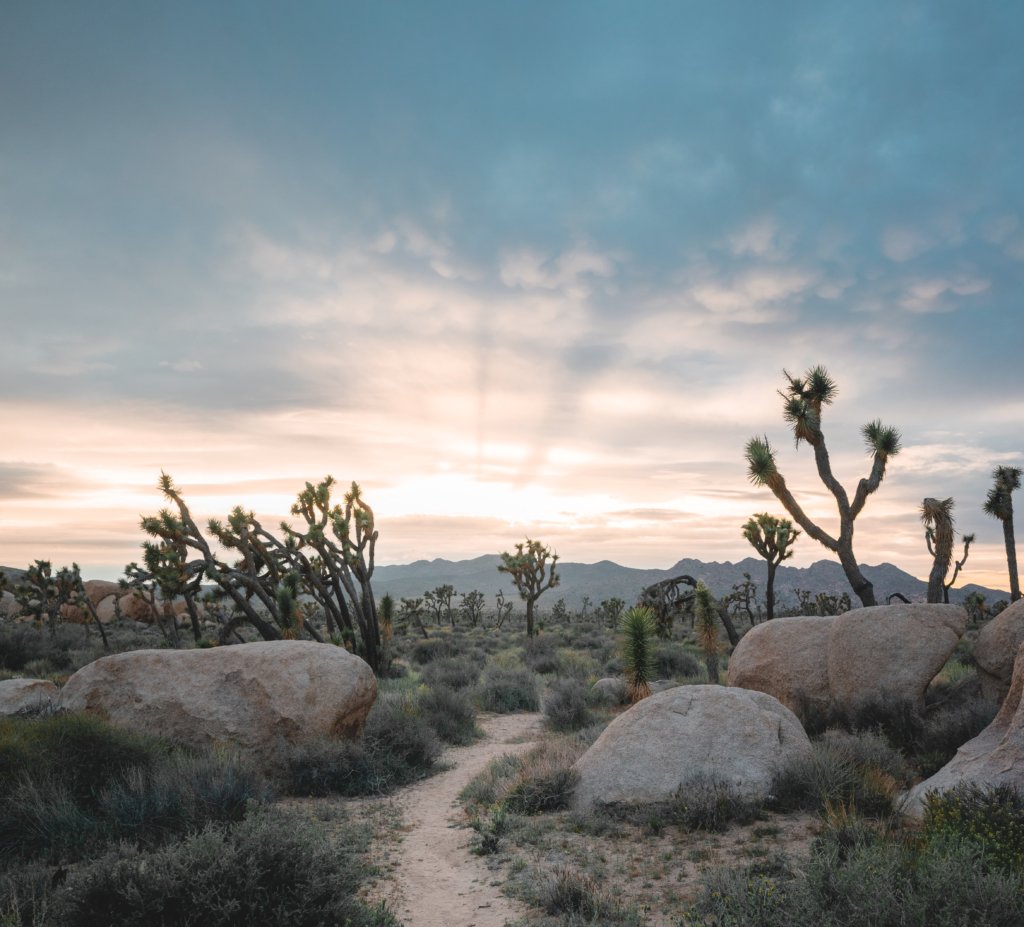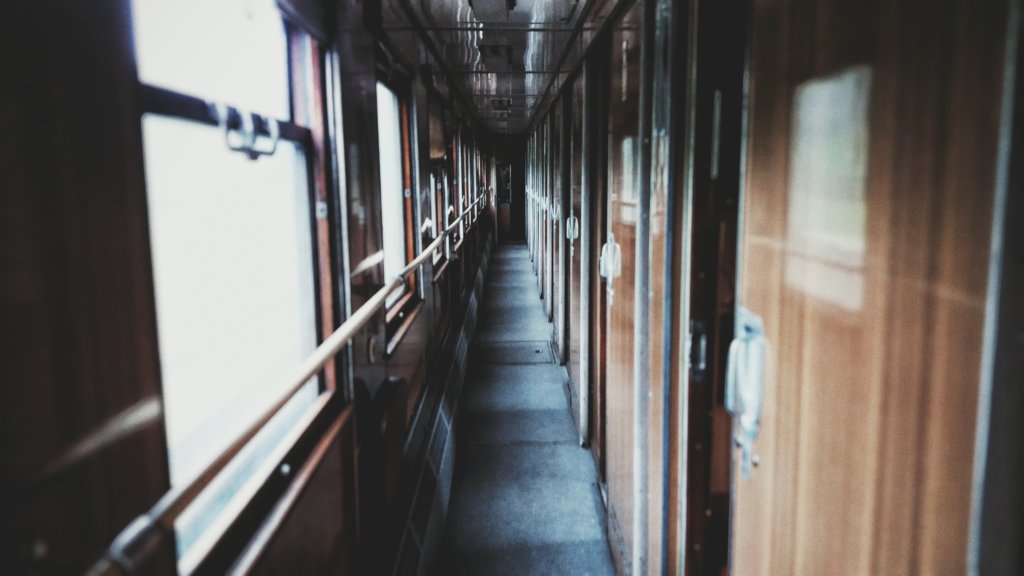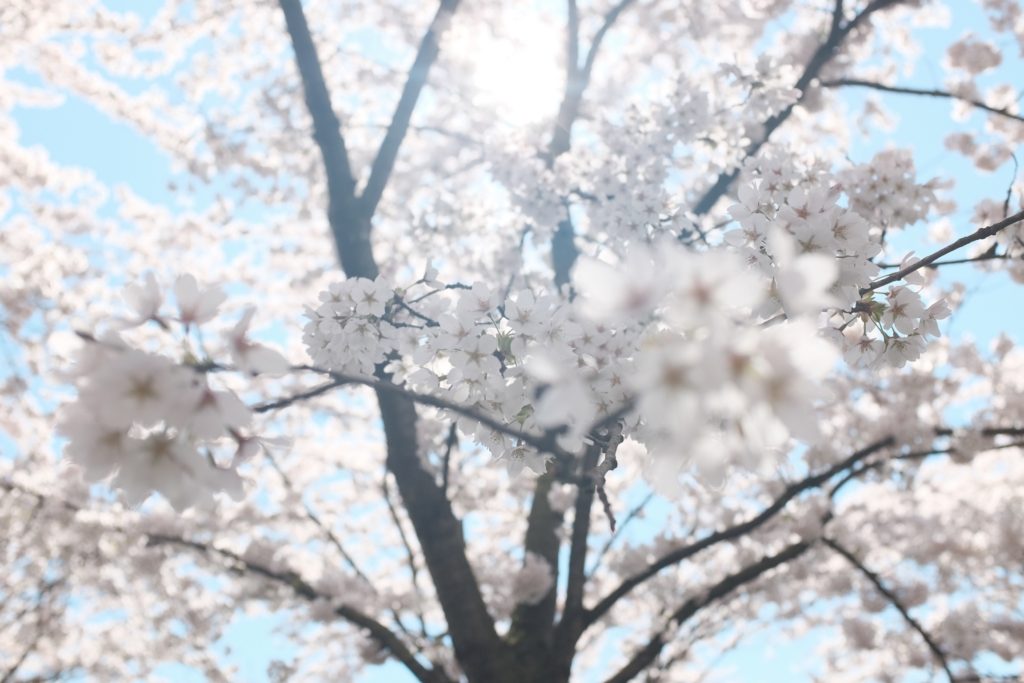Even though Passover is long over, I keep thinking about a story I heard. There’s a perception that during the exodus when God parted the Red Sea the Jews walked up to the water and tada! The water parted. However, Jewish teachings state that’s not what happened. The Jews waded into the water up to their knees and nothing. They kept going up to their waists and still nothing. Their chests, no change. The water came all the way up to their noses, meaning they could no longer breathe, and then the water parted.
So often when it comes to miracles, I want them to happen immediately, before I feel any pain. I want the Disney-fied version of events where there’s minimal struggle and I’m plodding along and everything is easy peasy. Sometimes life is like that, but oftentimes it’s not. Oftentimes, higher power waits until the last possible second to deliver a miracle. What to do? Keep moving with faith.
I’ll be honest, if I was escaping Egypt and kept wading into the water without being able to swim and not having a flotation device, I probably would have turned back. I don’t think I would have kept going. I would have acted from a place of fear and not experienced a miracle. I would have done the opposite of what Rumi advises which is, “Move, but don’t move the way fear makes you move.”
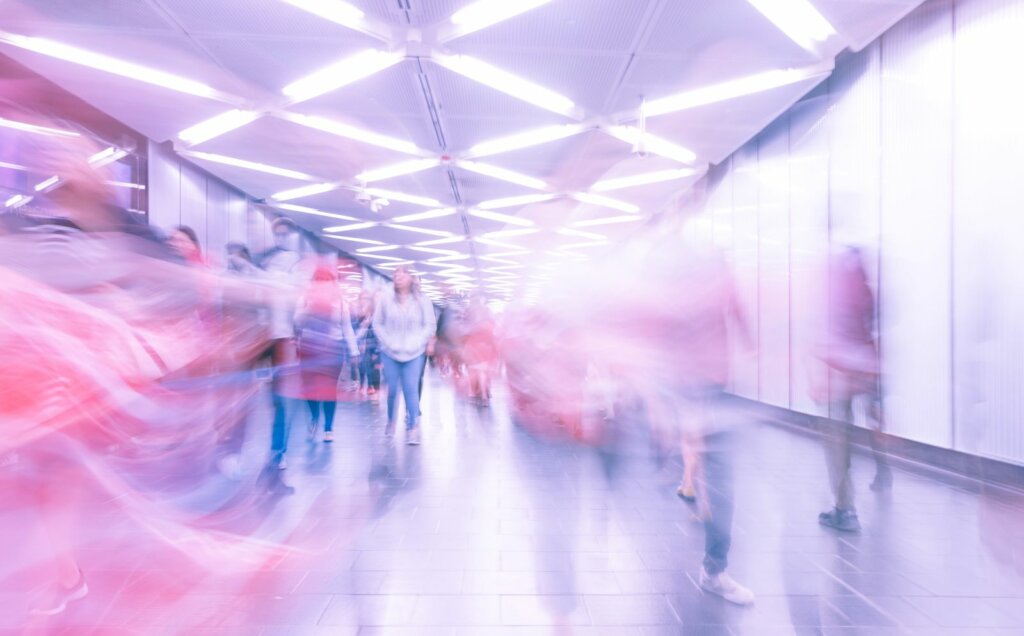
Even when it’s blurry, keep moving. Photo by Martin Adams on Unsplash
I often move the way fear makes me move, especially when it comes to money. Bank balance running low? Better apply for a million jobs even if I’m not really interested! No new clients? Start contacting everyone and their mother! But that doesn’t work for me. Desperation rarely does.
The question then, is how can I move with faith? What sort of decisions do I make when I believe things will work out? What if I truly believed the universe has my back, even if I don’t see any evidence until the last possible second?
From that place, I’m calmer, curious, and open. From that place, I remember the magic and the mystery of the universe. When I’m in faith, beautiful things can come out of the blue. I receive a random email or telephone call from someone looking for my ghostwriting or content writing services. I find a random object I’m looking for, such as Play-Doh, on the side of the street for free.
Tosha Silver writes in her book Outrageous Openness if you think of the Divine as your ultimate protection and your Source for everything, “Then the Universe can use anything it wishes to meet your needs. You’re no longer limited to what your conditioned mind thinks is possible.” She has countless stories of this happening in her life and in the lives of others. For instance, she found an apartment through a hairdresser and someone else found a literary agent by bowling them over in a yoga class. Fear leads us to believe we must force things; we have to make them happen. Trust and faith show us we can relax and be shown the next steps on our path. In other words, faith causes us to move differently.
I dream of a world where we soothe our fearful parts when they’re freaking out. A world where we understand what’s ours is ours and will show up at the perfect time in the perfect way. A world where instead of moving from a place of fear, we move from a place of faith.
Another world is not only possible, it’s probable.
I’ve told this story to a few people this week so perhaps it’s also worth sharing here. During the Holocaust, my maternal grandmother bribed a farmer to hide her in his potato cellar. When the money ran out, he evicted her. She wandered through the woods half-starved and came across a young boy. Scared he would alert others to her presence, she threatened him but she wasn’t all that intimidating as she looked bedraggled and emaciated.
After the incident, she slid into hopelessness and no longer cared whether she lived or died. She’d already suffered so much and couldn’t take anymore. She spotted an encampment and decided to walk into it whether it was the Nazis or not.
It wasn’t the Nazis, it was the Russians so she was saved. Growing up when I heard that story, I marveled at the “happy accident,” of my grandmother’s “luck.” But recently I started to reframe what happened. What if it wasn’t an accident? What if it was intentional? What if my grandma was led to safety by guardian angels or water spirits or her intuition or some other benevolent force?
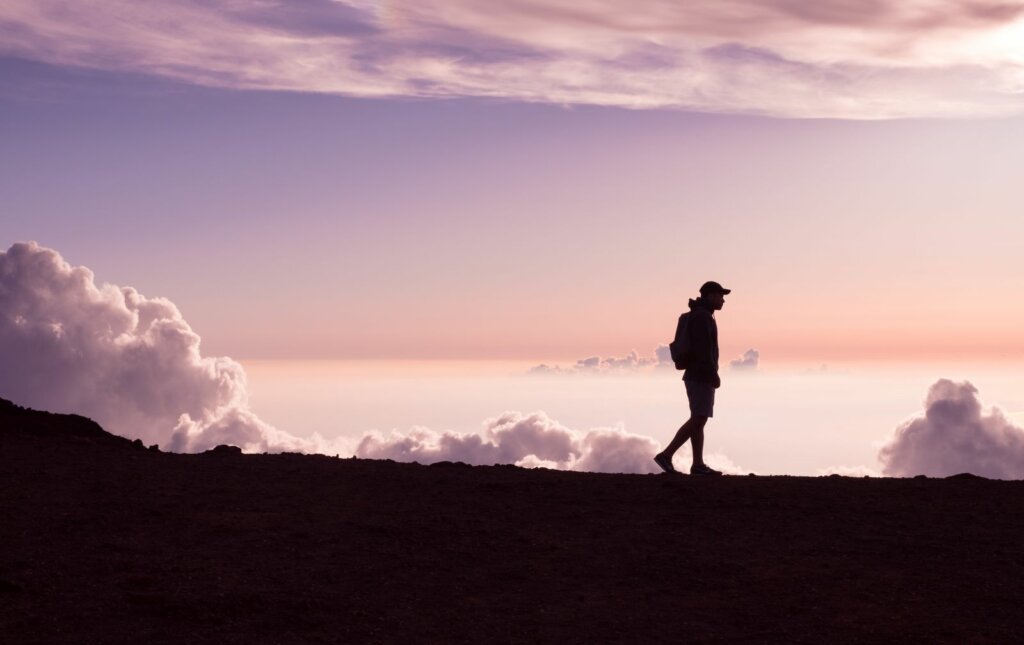
Seen and unseen forces walk beside us. Photo by Jad Limcaco on Unsplash
My spiritual teacher says, “There is no such thing such as an accident – everything is an incident. When an action is materialized within a very short time, or when the root cause of the action is not known to us, we are just seeing the reaction, the incident. When the cause, the causal side of the incident is not known to us, or when the causal side is translated into action in a very short time, we say it is an accident. But actually, nothing is accidental, everything is incidental.”
What about car accidents? And stubbing your toe? The cause could be very simple – someone ran a red light. Or you weren’t looking where you were going. But also sometimes, the cause is deeper and more meaningful than that (I think). I’d like to believe my grandmother walked into a Russian camp because she was meant to live. It wasn’t her time to die yet, so no, it wasn’t an accident.
The reframe is asking me to consider the same about my own life. What if I’m also not alone and instead being led to safety in its myriad forms? It’s clear that I pay attention to divine guidance. I notice when bumblebees land on my window or doves perch on my railing. I listen to the inner stirrings of my gut. Paying attention to divine guidance is what this Passover is about for me, a holiday I’m currently celebrating.
Passover is about the escape from Egypt and as a modern-day Jew, I’m escaping from a metaphorical Egypt. The Hebrew word for Egypt is Mitzrayim, which also means tight spaces or narrow consciousness. This year the narrow consciousness I’m escaping from is the notion I’m wandering around all alone, lost in the woods. That help is out of reach and unavailable.
I’m recognizing I’m not all alone and neither was my grandmother, nor my great-grandmother, nor my great-great-grandmother all the way back to the time of Moses. I, too, am being led from a metaphorical Egypt to a safer, freer, promised land. Even if you’re not Jewish, maybe the same is true for you.
I dream of a world where we remember there are no coincidences, that instead there is always a cause for everything, even if we’re unaware of it. A world where we recognize we aren’t alone. A world where we remember benevolent beings are walking with us, guiding us where we need to go.
Another world is not only possible, it’s probable.
Right now, Jews all over the world (myself included) are celebrating Passover. If you don’t know what Passover is or would like a refresher, it’s the story of Moses, the burning bush, and the 10 commandments. What continues to be most relevant in my opinion is how Moses commanded the Egyptian Pharaoh of the time to let the enslaved Jews go free, and the Pharaoh refused. As retribution, God delivered 10 plagues. (If you want to read the whole story, you can do so here.) If I had to summarize the story of Passover, it’s about escaping plagues and seeking freedom.
In Hebrew, the word for Egypt is Mitzrayim, which also means narrow spaces. Last year as we were in the early stages of COVID-19 and quarantine, Passover was especially symbolic. I think we all felt in an embodied way what it means to be in a narrow space either physically or emotionally.
This year society is in a different place and as such the holiday is resonating in a different way for me. Collectively, we’re still in the tight, narrow space, the metaphorical Egypt, but there’s also light at the end of the tunnel. We’re almost out of that place. And that’s what this holiday reminds us – that deep, dark, painful things happen to us in life, sometimes personally and sometimes collectively, but also there’s relief when those things are no longer there. That relief is what’s snagging my attention. Vaccines are rolling out and in my own state, everyone older than 16 will be eligible for vaccination by April 15th. I know there’s still time before it’s safe to breathe the same air as strangers without a mask, but still. We’re about to experience liberation and freedom in a way we have not since COVID-19 hit.
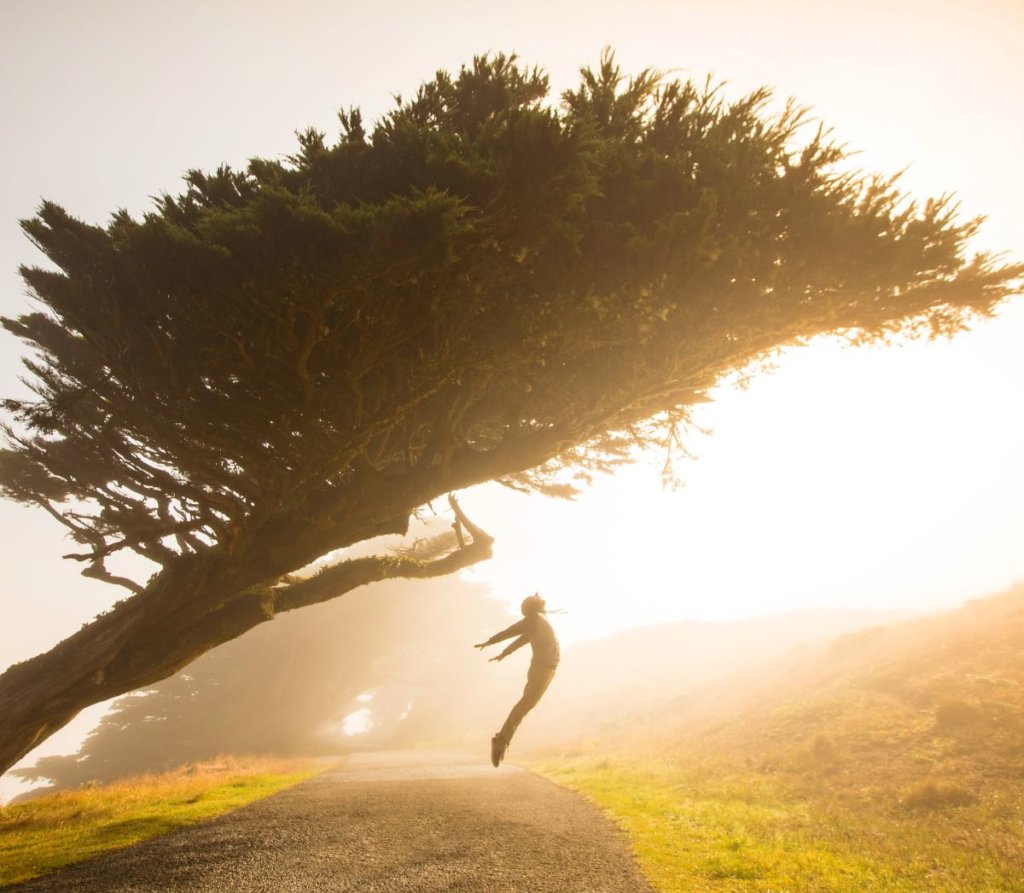
Free like this! Photo by Stephen Leonardi on Unsplash
To bring it back to Passover, I find it telling that when I said to a friend we should sing a melancholy song at our Zoom shabbat gathering, he said Passover isn’t a sad holiday. It’s joyous, it’s about celebrating freedom.
His comment struck me because so often I focus on the melancholy, the struggle, and not the joy. I know it’s premature to celebrate just yet because the pandemic is still affecting our lives – some more than others – but this holiday celebrates hope and courage without omitting the pain.
A quote that I think fits in nicely with the theme of Passover comes from Saint Bartholomew who said, “Many of us spend our whole lives running from feeling with the mistaken belief that you cannot bear the pain. But you have already borne the pain. What you have not done is feel all you are beyond the pain.”
Who are we beyond the pain of our personal and collective Mitzrayim? Who are we on the other side of transformation? Who will we be when we reach the metaphorical promised land? How will we operate? How will the world operate? I’m curious to find out. Passover reminds me of all this – pain and pleasure. But mostly, it reminds me how sweet it is to be free.
I dream of a world where we take heart from our ancestors. A world where we remember their lives – Jewish or not – were filled with not only suffering, but overcoming suffering. A world where we recognize we don’t have to run from pain because we’ve already experienced it countless times. A world where we feel all we are beyond the pain and remember how joyful freedom can be.
Another world is not only possible, it’s probable.
As people all over the world celebrate, or recently celebrated Passover and Easter, I think about how both of those stories have never felt more relevant. To jog your memory, Passover is the story of Moses, the burning bush, and the 10 commandments. What I want to focus on in this post is the part where Moses commanded the Egyptian Pharaoh of the time to let the enslaved Jews go free and the Pharaoh refused. As retribution, God delivered 10 plagues. I’m not going to relay the whole story (you can read the rest here), but if I had to sum up the story of Passover, it’s about escaping plagues and seeking freedom.
It’s interesting to me the Hebrew word for Egypt, Mitzrayim, also means narrow spaces. I find that especially symbolic right now as we’re all in this global pandemic and under quarantine. We’re in a tight, narrow space, but Passover is the story of moving through that, of fleeing into freedom.
Easter has a similar story of freedom. The way I’ve heard author Glennon Doyle characterize Easter is it’s a story of pain (i.e., the crucifixion), then the waiting (when Jesus was in a cave), and then the rising (when he resurrected). We are collectively in the waiting place, waiting for the rising, metaphorically speaking. We’re also collectively in the tight, narrow space, as we are besieged by the COVID-19 plague.
These holidays remind us of the deep, dark, painful things that happen to us in life, sometimes personally and sometimes in society, as well as the relief from no longer being there. These holidays celebrate the thrill of leaving those narrow spaces behind and being able to roam free. Passover and Easter are holidays that celebrate hope and courage without omitting the pain. We will eventually reach the promised land, so to speak, not without cost, but it will come.
I also think about a quote I repeat regularly from my spiritual teacher who said, “Difficulties can never be greater than your capacity to solve them.” Right now our difficulties may feel insurmountable, but the holidays many of us are celebrating remind us that’s not true. The holidays remind us it can take a while, a long, long while, but eventually liberation happens.
It’s premature to celebrate just yet, but I know it’s coming. That little bit of hope is what keeps me going. I want to know what’s on the other side of all this. Don’t you? How will I be changed and how will society be changed? Right now we don’t know yet because we’re in the middle of the story, but oh my goodness, I can’t wait to find out what’s next.
I dream of a world where we remember no matter what we’re going through, eventually it will pass. A world where we remember we, too, will be liberated from our narrow spaces at some point. A world where we take heart in stories from the past and use them as fuel for the future.
Another world is not only possible, it’s probable.
I’m traveling right now so I’m recycling this post about Passover from last year.
Jewish holidays affect me – my life seems to sync up with them even if I’m not paying too much attention to the calendar. Right now people are celebrating Passover as well as Easter all over the world. What does that mean for me personally, and why would anyone other than me care? Bear with me – I believe my experience is a universal one so I’m hoping others will benefit from hearing what I’m going through.
As we know, Passover celebrates the Jews’ escape from Egypt. The Hebrew word for Egypt, Mitzrayim, also means narrow spaces. That means on a metaphorical level, Passover can also represent the liberation from narrow spaces. In addition to a past event, Passover can also be deeply personal and individual. For many years, that’s precisely how I experienced Passover. The regular occurrence is interesting. Like clockwork, at this time of year, life feels narrow. Not only feels narrow, but is narrow. There are many things I choose not to do because the consequence of doing them is too great. There are many foods I choose not to eat because eating them causes my body to hurt. I’m not throwing myself a pity party, I’m merely stating facts.
Always at Passover I fall into a bit of a funk and chafe against restriction. Life is not pleasant during Passover. It’s often trying and painful and dark. I’m not saying it’s as bad as a refugee fleeing for her life, but everything is relative. Everything is in degrees. I experience a small taste of what my ancestors went through and what many people still go through. However, Passover is not all bad. It’s not all plagues and sorrow. It’s also joy. It’s recognizing the deep, the dark, the painful, the narrow, and the relief that comes from no longer being in that space. It’s the thrill of leaving it all behind and being able to roam free. It’s not only Passover that celebrates renewal, but obviously Easter too. Christians also celebrate new life and resurrection at this time of year.
Passover and Easter are reminders of all the horrible things people have been through and their transition out of those things. Passover and Easter are holidays that celebrate hope and courage without omitting the pain. I’m not on the other side of my personal Mitzrayim yet, but I know I will reach the promised land, so to speak. I also take heart in a quote from my spiritual teacher who said, “Difficulties can never be greater than your capacity to solve them.” I truly believe that. Right now my difficulties feel insurmountable, but the holidays many of us are celebrating remind me that’s not true. The holidays remind me it can take a while, a long, long while, but eventually liberation happens.
I dream of a world where we remember no matter what we’re going through, eventually it will pass. A world where we remember we, too, will be liberated from our narrow spaces. A world where we take heart in stories from the past and use them as fuel for the future.
Another world is not only possible, it’s probable.
Jewish holidays affect me – my life seems to sync up with them even if I’m not paying too much attention to the calendar. Right now people are celebrating Passover as well as Easter all over the world. What does that mean for me personally, and why would anyone other than me care? Bear with me – I believe my experience is a universal one so I’m hoping others will benefit from hearing what I’m going through.
As we know, Passover celebrates the Jews’ escape from Egypt. The Hebrew word for Egypt, Mitzrayim, also means narrow spaces. That means on a metaphorical level, Passover can also represent the liberation from narrow spaces. In addition to a past event, Passover can also be deeply personal and individual. For many years, that’s precisely how I experienced Passover. The regular occurrence is interesting. Like clockwork, at this time of year, life feels narrow. Not only feels narrow, but is narrow. There are many things I choose not to do because the consequence of doing them is too great. There are many foods I choose not to eat because eating them causes my body to hurt. I’m not throwing myself a pity party, I’m merely stating facts.
Always at Passover I fall into a bit of a funk and chafe against restriction. Life is not pleasant during Passover. It’s often trying and painful and dark. I’m not saying it’s as bad as a refugee fleeing for her life, but everything is relative. Everything is in degrees. I experience a small taste of what my ancestors went through and what many people still go through. However, Passover is not all bad. It’s not all plagues and sorrow. It’s also joy. It’s recognizing the deep, the dark, the painful, the narrow, and the relief that comes from no longer being in that space. It’s the thrill of leaving it all behind and being able to roam free. It’s not only Passover that celebrates renewal, but obviously Easter too. Christians also celebrate new life and resurrection at this time of year.
Passover and Easter are reminders of all the horrible things people have been through and their transition out of those things. Passover and Easter are holidays that celebrate hope and courage without omitting the pain. I’m not on the other side of my personal Mitzrayim yet, but I know I will reach the promised land, so to speak. I also take heart in a quote from my spiritual teacher who said, “Difficulties can never be greater than your capacity to solve them.” I truly believe that. Right now my difficulties feel insurmountable, but the holidays many of us are celebrating remind me that’s not true. The holidays remind me it can take a while, a long, long while, but eventually liberation happens.
I dream of a world where we remember no matter what we’re going through, eventually it will pass. A world where we remember we, too, will be liberated from our narrow spaces. A world where we take heart in stories from the past and use them as fuel for the future.
Another world is not only possible, it’s probable.
Right now I’m contemplating liberation and obstacles and the nature of the universe in part because it’s Passover. But even people who are not Jewish will relate to this post because we all experience hardships and wish for escape.
Passover continues to be a relevant holiday for me because it’s not just about celebrating the Jews’ liberation from the land of Egypt, it’s also about personal liberation. The Hebrew word for Egypt, “Mitzrayim,” also means narrow spaces. That means the escape from Egypt was also an escape from a narrow space, a constricting spot, something I, too, have escaped from.
When I think of narrow spaces, constricting spots, I think of obstacles. I associate obstacles with suffering, with pain, and with punishment. I don’t know where this came from, maybe growing up in the U.S. where there’s a lot of talk of hellfire and brimstone, but whenever I experience an obstacle, I think it’s because there’s a vengeful God out to get me who wants me to suffer, who wants to punish me. Or the terrible things that happen to me are as a result of previous actions, possibly from a past life, but also serve as a punishment. I see a watered-down version of this reflected in the New Age community too where the “bad” things that happen to people are a punishment of sorts for their “bad” thoughts.
The bottom line is lots of punishment. Lots of black and white thinking. Lots of cause and effect, but in a judgmental way. However, I came across a few discourses and attended a lecture with a friend this week that reminded me obstacles are not punishments. They don’t come about because God wants to punish us for our misdeeds. They come about for other reasons, which I may discuss at another time, but the main point for this post is God loves us tremendously and only wants to see us emancipated. The world is ultimately a benevolent one and the divine is seeking to liberate us, will do whatever it can to aid that, something aptly demonstrated not only in the Passover story, but in my own personal experience.
For every terrible thing that’s happened to me, there has also been some grace, some assistance. One small example that comes to mind is a few years ago, my neighbor decided a Wednesday night would be a brilliant time to get drunk and high and talk loudly outside. I previously asked for that Thursday off so instead of fretting about not getting any sleep and being unable to function for work, I calmed down understanding I was taken care of, that it was all good.
The universe ultimately wants to see us succeed. There will be obstacles along the way, that’s inevitable, but we will also be given tools to overcome those obstacles. Eventually we will all escape from our own narrow spaces, but maybe not in the way we think.
I dream of a world where we remember we live in a loving universe where the divine wants to see us liberated. A world where we understand there will always be obstacles but we will also experience grace. A world where we understand ultimately, it’s all good.
Another world is not only possible, it’s probable.
